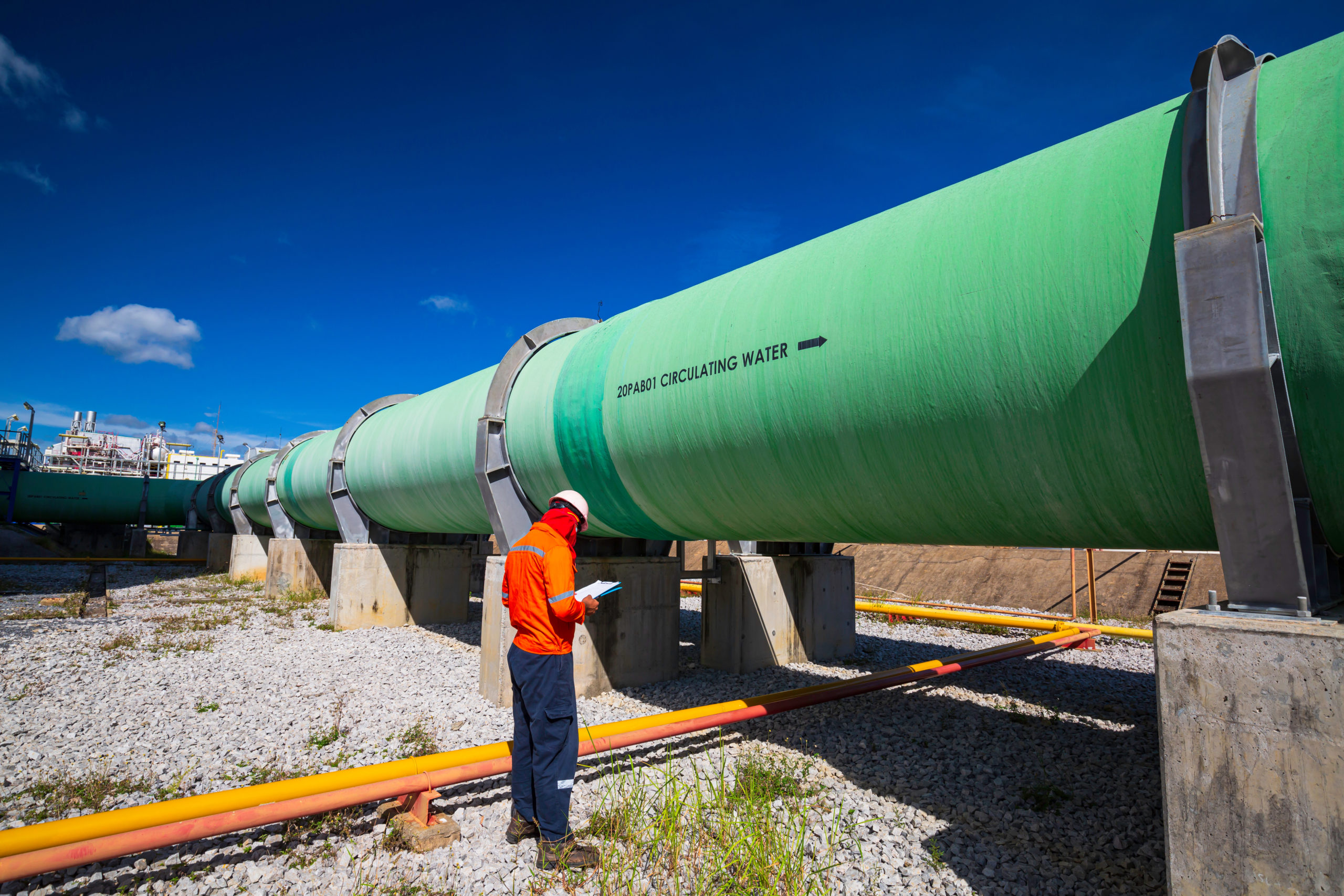The Interstate Natural Gas Association of America called on the Trump administration to exempt the steel products used to build natural gas transmission pipelines because of a scarcity of domestic supply and national security considerations.
“We believe the steel products used to build interstate pipeline infrastructure meet the two, independent criteria on which the president directed the Commerce Secretary to make exemptions: lack of sufficient U.S. production capacity and national security-based considerations,” said INGAA President and Chief Executive Officer Don Santa.
The large-diameter, thick-walled steel used to construct natural gas transmission pipelines is a niche product with unique technical specifications and limited domestic manufacturing capacity. Federal safety requirements and industry standards require steel specifications beyond those commonly used in markets such as automobiles or building materials.
“Pipelines require specialty steel products not always available in sufficient quantities and specifications from domestic manufacturers,” Santa said. “For certain steel products used in pipelines, there is zero domestic availability today.”
Much of the imported pipeline steel comes from America’s allies, Santa said. “About 65 percent of high-strength plate/coil imports and large-diameter line pipe imports are from NATO countries,” he noted. “The proportion grows to approximately 80 percent when adding treaty nations, such as Japan and South Korea.”
Santa added that U.S. national security depends on pipelines to deliver the energy America needs to heat homes and fuel businesses, power plants and manufacturing. Because of insufficient pipeline capacity, certain areas of our country still rely on imported fuels to meet basic energy needs. In fact, the Boston Globe recently reported that New England turned to Russian LNG to meet demand during a recent cold snap despite having some of the world’s cheapest natural gas – abundant domestic supplies from the Marcellus Basin – only a few hundred miles away.
“The ability to expand pipeline infrastructure in an efficient and predictable manner is critical to the United States realizing the full potential of its domestic energy abundance,” Santa said. “Imports of both pipeline-quality steel, and pipe products, are necessary for timely construction of the new pipeline infrastructure needed to link natural gas producers with industrial, power generation and residential customers, and ensure our national security.”







